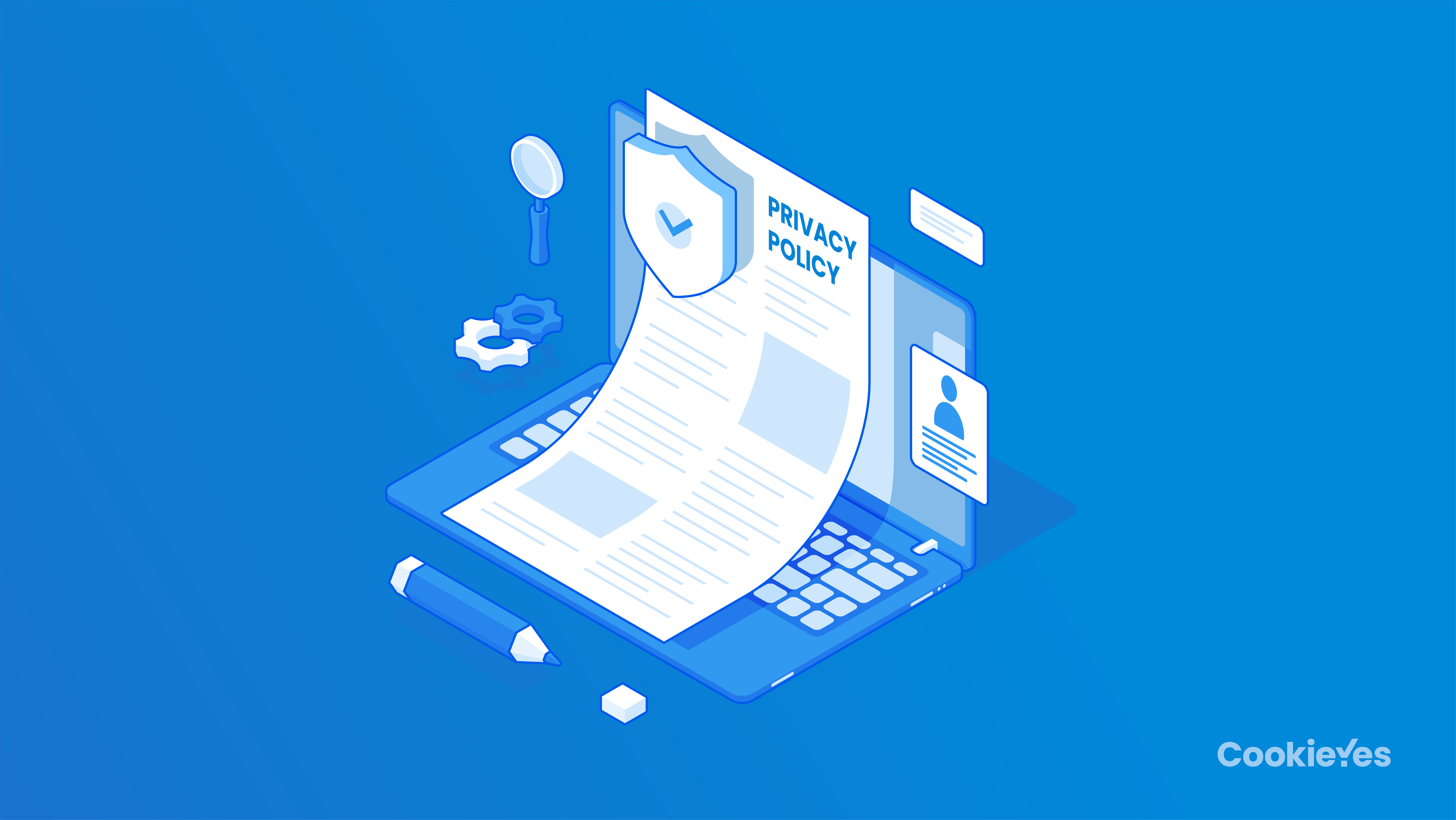How to Look After Your Mind and Body
Taking care of both your mind and body is crucial for overall well-being. Here’s a guide on how to nurture both:

1. Mind Care
•Practice Mindfulness: Engage in mindfulness practices like meditation or deep breathing exercises. These help you stay present and reduce stress.
•Mental Stimulation: Keep your brain active through puzzles, reading, or learning new skills. This can improve cognitive function and keep your mind sharp.
•Positive Thinking: Focus on positive thoughts and gratitude. Reframe negative thoughts and maintain an optimistic outlook on life.
•Connect with Others: Social connections are vital for mental health. Spend time with loved ones, join clubs or groups, and maintain healthy relationships.
•Rest and Relaxation: Give your mind time to rest. Engage in hobbies, listen to music, or simply take time out to relax.
2. Body Care
•Balanced Diet: Eat a variety of foods, focusing on fruits, vegetables, whole grains, and lean proteins. Stay hydrated and limit processed foods and sugars.
•Regular Exercise: Incorporate physical activity into your daily routine. Whether it’s walking, yoga, or weight training, exercise boosts both physical and mental health.
•Adequate Sleep: Ensure you get enough sleep each night. Quality sleep is essential for repair, energy, and mental clarity.
•Hydration: Drink plenty of water throughout the day to keep your body hydrated and functioning properly.
•Routine Health Check-ups: Regular visits to the doctor for check-ups and screenings can catch potential issues early and keep you on track with your health goals.
3. Mind-Body Connection
•Yoga and Tai Chi: These practices combine physical movement with mental focus and breathing techniques, promoting both mental and physical health.
•Healthy Boundaries: Learn to say no and set limits to avoid overcommitment and stress, which can impact both your mental and physical well-being.
•Mindful Eating: Pay attention to what and how you eat. Enjoy your meals slowly and savor the flavors, which can improve digestion and satisfaction.
4. Stress Management
•Identify Stressors: Recognize what causes you stress and find ways to manage or avoid these triggers.
•Relaxation Techniques: Practice deep breathing, progressive muscle relaxation, or visualization to reduce stress.
•Time Management: Organize your day to balance work, rest, and leisure time. Avoid overcommitting and ensure you have downtime.
5. Emotional Wellness
•Express Yourself: Don’t bottle up your feelings. Talk to someone you trust, keep a journal, or find a creative outlet to express emotions.
•Self-Compassion: Treat yourself with kindness and understanding. Recognize that it’s okay to make mistakes and learn from them.
•Seek Support: If you’re struggling, don’t hesitate to seek professional help. Therapy or counseling can provide valuable support and tools for managing mental health.
6. Healthy Habits
•Avoid Harmful Substances: Limit or avoid alcohol, tobacco, and other harmful substances. These can have long-term negative effects on both mind and body.
•Regular Breaks: Take regular breaks during work or activities to prevent burnout and maintain energy levels.
•Mindful Technology Use: Limit screen time and ensure you take breaks from digital devices to reduce eye strain and mental fatigue.
Taking small, consistent steps in these areas can significantly improve your overall well-being, leading to a healthier, happier life.














